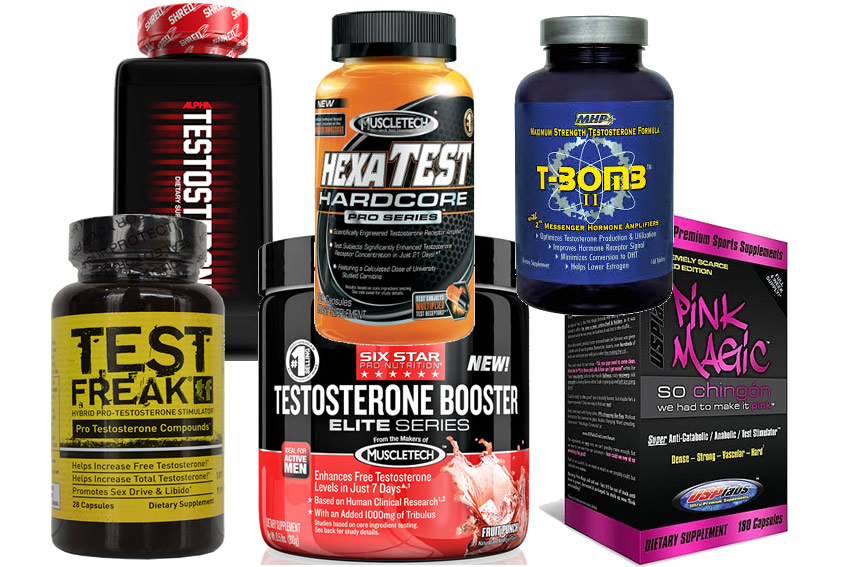Source: Thailand Medical News Jun 27, 2019 6 years, 6 months, 1 day, 18 hours, 51 minutes ago
A recent study conducted by the University of Southern California’s Keck School of Medicine covering over 150 products most commonly advertised on the internet as “T boosters” ie alternatives to traditional testosterone replacement therapy, do not have the ingredients to support their claims. Most males buying these products to improve their libido or to help build body mass are simply wasting their monies and are getting cheated.

In an exclusive interview with Thailand Medical News, Asst Professor Mary K Samplaski MD of the clinical urology department at USC commented,” "Many supplements on the market merely contain vitamins and minerals, but do not do anything to improve testosterone. MAles can be vulnerable to the marketing component of these products, making it difficult to tease out what is myth and what is reality."
Being a primary male sex hormone, testosterone is the reason why males produce sperm and have Adam's apples. It's also why males develop more "masculine" features like bulging muscles, a deep voice, broad shoulders and a hairy chest. After age 30, most males experience a gradual decline in testosterone, sometimes causing these features to diminish or new symptoms to occur, like erectile dysfunction. In an attempt to rectify situations like these, many will self-treat using supplements that in reality do no help
Asst Professor Samplaski and a team of researchers explored the active ingredients and advertised claims of 150 T boosting supplements. They performed a Google search with the search term "Testosterone Booster," thus mimicking a typical internet research for someone looking to increase testosterone levels, and then selected the 150 products that came up in their search.The team reviewed published scientific literature on testosterone and the 109 components found in the supplements. Zinc, fenugreek extract and vitamin B6 were three of the most common components in the supplements.
Researchers also compared the content for each supplement with the Food and Drug Administration's (FDA) Recommended Daily Allowance (RDA) and the upper tolerable intake level (UL) as set by the Institute of Medicine of the National Academy of Science.
From a database of 150 supplements, researchers came across 16 general claims to benefit patients, including claims to "boost T or free T", "build body lean mass or muscle mass", or "increase sex drive or libido." 95% of the T booster supplements claimed to boost testosterone, but less than 5% of the supplements had data to support their claims. Many also contained high doses of vitamins and minerals, occasionally more than the tolerable limit which could be dangerous to consumers.
Unlike pharmaceutical drugs, supplements are not intended to treat, diagnose, prevent, or cure diseases, according to the FDA. As such, Asst Professor Samplaski would like to see more regulation around testosterone-boosting supplements to protect consumers. While no one can escape the effects of aging, Samplaski says there is something men can do to address their concerns.
"The safest and most effective way for men to boost low testosterone levels is to talk with a medical doctor or aa endocrinologists."
Editor's note: As of press time, notifications have been sent to various agencies such as The Consume
r Board, The MOPH, The Thai FDA, Commerce Depts etc for actions to be taken as there are lots of such procucts being sold in Thailand at Gyms, Health Shops and also at Shopping Malls and online.
Reference: Chase G. Clemesha et al, 'Testosterone Boosting' Supplements Composition and Claims Are not Supported by the Academic Literature, The World Journal of Men's Health(2019). DOI: 10.5534/wjmh.190043
